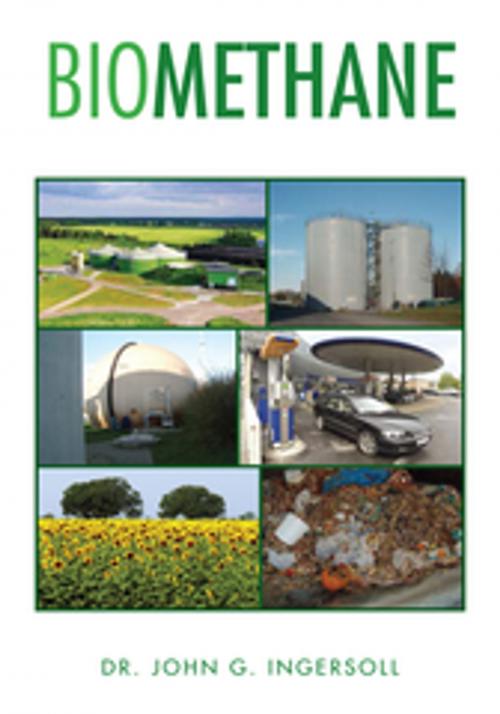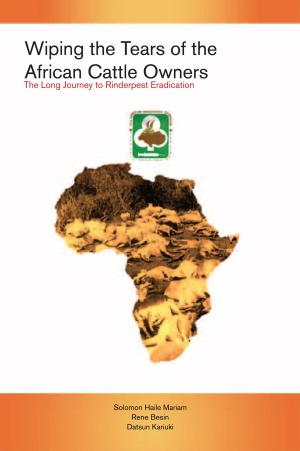Biomethane
Nonfiction, Science & Nature, Nature, Environment, Natural Resources, Environmental Conservation & Protection| Author: | Dr. John G. Ingersoll | ISBN: | 9781469121918 |
| Publisher: | Xlibris US | Publication: | April 30, 2010 |
| Imprint: | Xlibris US | Language: | English |
| Author: | Dr. John G. Ingersoll |
| ISBN: | 9781469121918 |
| Publisher: | Xlibris US |
| Publication: | April 30, 2010 |
| Imprint: | Xlibris US |
| Language: | English |
The production of biomethane, the renewable version of natural gas, from the biological conversion of organic matter at an industrial scale is fast advancing in several areas of the world. A confluence of factors is fueling the rapid expansion: cost-reducing continuous advances in the technology that make biomethane competitive to fossil natural gas, the emerging concerns over global warming and the need for developing renewable energy resources, and the looming peak oil consequences on the international political-economic stability and in particular the national security of the United States and several major energy importing nations. All types of organic wastes generated by our advanced society, as well as dedicated energy cash crops, can be and are employed separately or combined to produce this renewable fuel. Unlike other biofuels derived from limited food crops, biomethane is a universal natural fuel that is produced in a sustainable fashion because organic fertilizer as a coproduct of the conversion process is used to grow optimally the employed energy crops. Biomethane can be most effectively utilized as a replacement of gasoline and diesel in the transportation sector and is the only practical solution to do so in the foreseeable future. A biomethane-based road transportation system in the United States can generate over 1 trillion dollars in economic output and support 10 million direct and indirect green jobs in manufacturing, engineering, construction, farming, and services. Vision and political will are sufficient to mobilize the vast American natural resources, know-how and economy in order to effect full transition from oil dependency to an indigenous biomethane economy within twenty years.
The production of biomethane, the renewable version of natural gas, from the biological conversion of organic matter at an industrial scale is fast advancing in several areas of the world. A confluence of factors is fueling the rapid expansion: cost-reducing continuous advances in the technology that make biomethane competitive to fossil natural gas, the emerging concerns over global warming and the need for developing renewable energy resources, and the looming peak oil consequences on the international political-economic stability and in particular the national security of the United States and several major energy importing nations. All types of organic wastes generated by our advanced society, as well as dedicated energy cash crops, can be and are employed separately or combined to produce this renewable fuel. Unlike other biofuels derived from limited food crops, biomethane is a universal natural fuel that is produced in a sustainable fashion because organic fertilizer as a coproduct of the conversion process is used to grow optimally the employed energy crops. Biomethane can be most effectively utilized as a replacement of gasoline and diesel in the transportation sector and is the only practical solution to do so in the foreseeable future. A biomethane-based road transportation system in the United States can generate over 1 trillion dollars in economic output and support 10 million direct and indirect green jobs in manufacturing, engineering, construction, farming, and services. Vision and political will are sufficient to mobilize the vast American natural resources, know-how and economy in order to effect full transition from oil dependency to an indigenous biomethane economy within twenty years.















